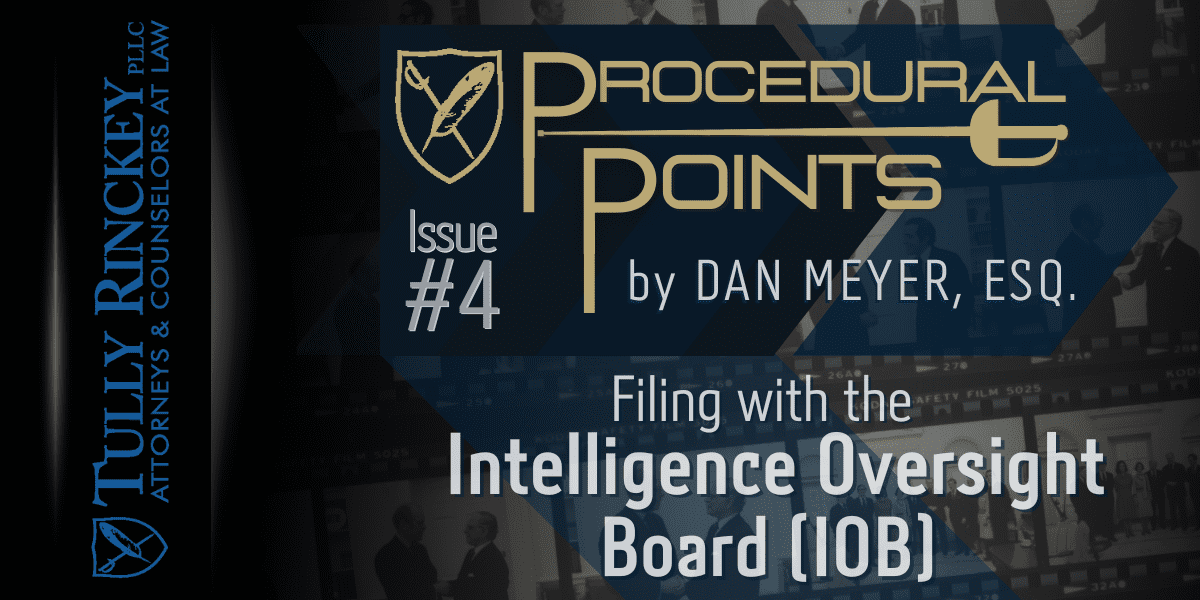The second Trump Administration has made sweeping changes to the federal employment landscape. On January 21, 2025, President Trump issued Executive Order 14173, AKA “Ending Illegal Discrimination and Restoring Merit-Based Opportunity.” Among other things, this rescinded Executive Order 11246, AKA “Equal Employment Opportunity.”
Before President Trump’s EO 14173, EO 11246 was the basis for many of the equal employment opportunity (EEO) protections afforded to federal contractor employees, including affirmative action.
Does affirmative action still apply to federal contractors? And, what EEO protections do federal contractor employees have now?
Affirmative Action for Federal Contractor Employees
What is often discussed simply as ‘affirmative action’ actually encapsulates three separate equal employment opportunity (EEO) provisions, each covering different classes of individuals. For federal contractors these are: Executive Order 11246 (rescinded Jan. 2025), Section 503 of the Rehabilitation Act, and the Vietnam Era Veterans’ Readjustment Assistance Act (VEVRAA). Before Executive Order 14173, all three were enforced by DOL’s Office of Federal Contractor Compliance (OFCCP).
For decades, federal contractors and subcontractors have had contractual EEO responsibilities which prohibit them from discriminating in employment. Contractors who meet certain criteria (including employee and financial thresholds) have further affirmative action requirements. They are contractually obligated to take affirmative steps to develop and enact programs that ensure equal employment opportunities for some marginalized groups.
These affirmative action programs incorporate evaluation and self-auditing mechanisms which enable employers to monitor the equity of their current employment practices and compensation systems. In past years, OFCCP would certify contractors’ affirmative action programs.
Executive Order 11246: Equal Employment Opportunity
Before its revocation, Executive Order 11246, as amended prohibited federal contractors and subcontractors from discriminating in employment on the basis of race, color, religion, sex, sexual orientation, gender identity, or national origin. Employers meeting certain requirements were further contractually obliged to take affirmative action to ensure employment opportunities for these historically marginalized classes.
These EEO protections are no longer in place for federal contractor employees.
Federal contractors and subcontractors are no longer contractually obligated to ensure equal employment opportunities under Executive Order 11246. In fact, President Trumps’ Executive Order 14173 prohibits federal contractors from engaging in “DEI” (diversity, equity, inclusion) and related activities.
Section 503: People with Disabilities
Section 503 of the Rehabilitation Act of 1973 protects those with disabilities in the federal contractor workplace. Contractors and their subcontractors (barring some exemptions) with at least 50 employees and a single contract of at least $50,000 are held to further affirmative action obligations, requiring them to take affirmative action in the recruitment, hiring, and retention of disabled individuals. Section 503 also obligates federal contractors to provide reasonable accommodations to employees with disabilities.
Section 503 is still in effect for federal contractor employees.
You can contact us 24 hours a day, 7 days a week via phone at 8885294543, by e-mail at info@tullylegal.com or by clicking the button below:
VEVRAA: Veterans
The Vietnam Era Veterans’ Readjustment Assistance Act (VEVRAA) provides certain protected veterans with federal protections in the federal contractor and subcontractor workplace. Classes protected by this statute include veterans who are disabled, recently separated, Armed Forces Service Medal, and active jury wartime veterans. Additionally, federal contractors holding a single Federal contract or subcontract valued at $150,000 or more and 50 or more employees must take affirmative action to recruit, hire, and retain protected veterans.
VEVRAA is still in effect for federal contractor employees.
What Changes Can Federal Contractor Employees Expect?
While Section 503 and VEVRAA remain in place as the law of the land, their implementation is more fluid. Following President Trump’s EO 14173 in January 2025, the DOL paused all OFCCP review and enforcement activity under Section 503 and VEVRAA. It was only in July 2025 that the DOL resumed investigations; affirmative action program certifications remain on hold, and all pending audits have been administratively closed.
Now, there is discussion of dismantling OFCCP all together and reallocating its responsibilities to other agencies. Changes to Section 503, including removing the requirement for contractors to invite applicants to self-identify as having a disability and implementation goals, have also been proposed. These changes are open to public comment until September 2, 2025.
Current and future shifts in the Department of Labor could have a major impact on federal contractors and their employees. It is prudent for anyone in the federal employee space to stay informed. For now, the only certainty in federal employment might just be uncertainty.
Read more about the changes in the DOL and OFCCP and how the impact federal contractors.
Federal employment is subject to laws and regulations that differ significantly from those in the private sector; consulting with a federal employment lawyer can make all the difference. Tully Rinckey’s team of dedicated federal employment attorneys is available to assist you today. Please call 8885294543 to schedule a consultation, or schedule a consultation online.
As a Partner at Tully Rinckey PLLC, Amanda focuses her practice on Federal and State Employment and Labor Law, handling discrimination claims, whistleblower and retaliation claims, retirement matters, and wage and pay claims amongst others. She also handles administrative complaints, investigation and litigation, as well as state litigation.







